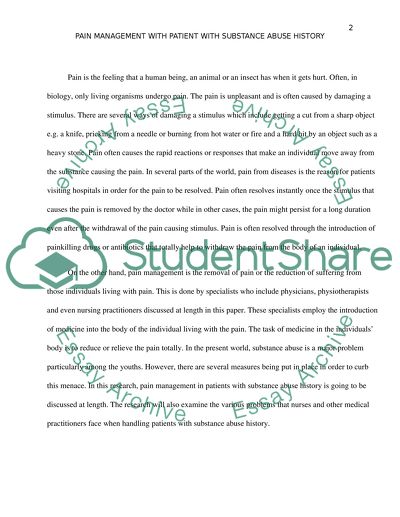Cite this document
(“Individual Nursing Research Proposal: pain management with patient Paper”, n.d.)
Retrieved from https://studentshare.org/nursing/1477898-individual-nursing-research-proposal-pain
Retrieved from https://studentshare.org/nursing/1477898-individual-nursing-research-proposal-pain
(Individual Nursing Research Proposal: Pain Management With Patient Paper)
https://studentshare.org/nursing/1477898-individual-nursing-research-proposal-pain.
https://studentshare.org/nursing/1477898-individual-nursing-research-proposal-pain.
“Individual Nursing Research Proposal: Pain Management With Patient Paper”, n.d. https://studentshare.org/nursing/1477898-individual-nursing-research-proposal-pain.


